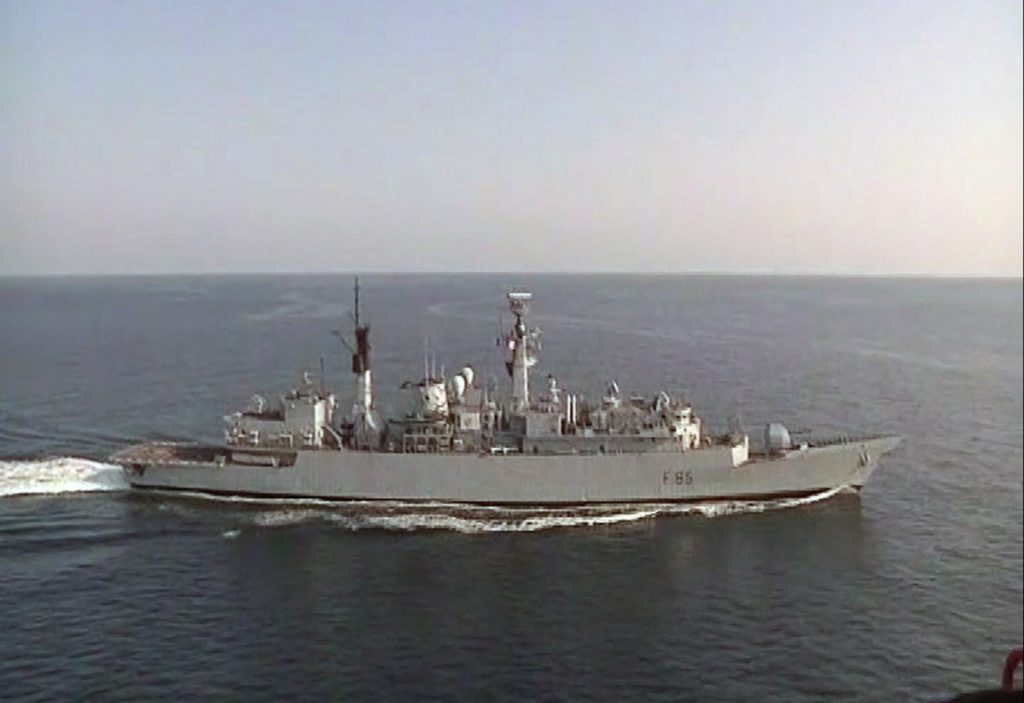Cameron and Hague offer Libya evacuation apologies
David Cameron and William Hague have apologised for the delays in evacuating British nationals from Libya.
The Foreign Office is to review its aircraft evacuation procedures, as efforts to extract all remaining Britons in Libya continue.
Two flights evacuating British nationals – one funded by energy firm BP – have already left Tripoli, evacuating a total of 208 adults, two children and one infant.


An RAF Hercules C130 transport aircraft flew from Tripoli to Malta with 51 British passengers onboard and 13 other ‘entitled passport holders’, the Foreign Office said.
Meanwhile, Royal Navy frigate HMS Cumberland has docked in the port of Benghazi and is preparing to evacuate any British nationals there. Over 100 British nationals are already on board.
The moves come a day after Foreign Office attempts to evacuate Britons were thwarted by technical faults and airlines refusing to fly to Tripoli.
A government chartered flight supposed to leave Gatwick airport yesterday lunchtime only arrived in the late evening, after technical faults.
Two other flights yesterday did not depart because the airlines running them were not “able or willing” to take off, Mr Hague told the Today programme this morning.
He added: “I’m very sorry for those who couldn’t get out for a variety of reasons which I found infuriating.”
David Cameron reiterated the government’s apology, acknowledging that ministers needed to learn the lessons.
“I’m incredibly sorry,” he said.
“People have had a difficult time. The conditions at the airport have been extremely poor.”
But he added: “This is not an easy situation. Other countries have had difficulties too.”
A review is to be established, reporting directly to ministers, into the Foreign Office’s longstanding arrangements for airport evacuations, the foreign secretary confirmed last night.
“We need to know whether today was a coincidental series of unavoidable setbacks, or a systemic flaw,” Mr Hague acknowledged.
A charter flight paid for by energy firm BP, carrying 78 adults and one infant, left Tripoli at 07:15 this morning.
The government’s first charter flight, which was supposed to return yesterday, took off at 07:45, carrying 130 adults and two infants, for Malta.
Labour’s shadow foreign secretary Douglas Alexander has been increasingly critical of the government’s handling of the evacuation.
He initially said the Foreign Office (FCO) had been “slow off the mark” before demanding yesterday evening that the Cobra emergency committee be convened to address the issue.
“I welcome the fact that the prime minister has now stepped in, accepted that the Foreign Office has got this wrong and seems to be wanting to assert a grip on the situation,” Mr Alexander said.
“The government’s first priority must be the safety of British nationals and they and their families want continued action as well as apologies.”
Mr Hague chaired a meeting of Cobra today to discuss the situation. Ministers reviewed the current situation and discussed what is being done and what can be done further to get British nationals in Libya out of harm’s way as soon as possible, the Foreign Office said in a statement.
Speaking afterwards, defence secretary Liam Fox said: “Having pre-positioned various assets we are confident we have the necessary capabilities in place to support the ongoing civilian and commercial efforts to help Britons in need of assistance.”
UK special forces are being prepared for a potential intervention into Libya to rescue up to 170 further Britons, who are among the expatriate oil workers at remote camps in the Libyan desert.
With limited food and water supplies, and vulnerable to the armed mobs now roaming much of lawless Libya, Mr Hague called their situation “perilous and frightening”.
Meanwhile, the foreign secretary said the wider situation in Libya – where large areas of the country have fallen out of leader Muammar Gaddafi’s control – was seeing the odds “stacking heavily” against the colonel.
“It will be important for all of us internationally to increase the pressure on a regime which is now committing serious offences,” he said this morning. “That pressure must be stepped up.”
Libyan state television broadcast a telephone interview with Col Gaddafi in which the leader reiterated his defiant message, however.
“There are people who have been in power longer than me, like Queen Elizabeth of Britain. And nothing’s happened to her,” he observed.
Col Gaddafi has lost control of much of the country but continues to hold the capital, Tripoli.












